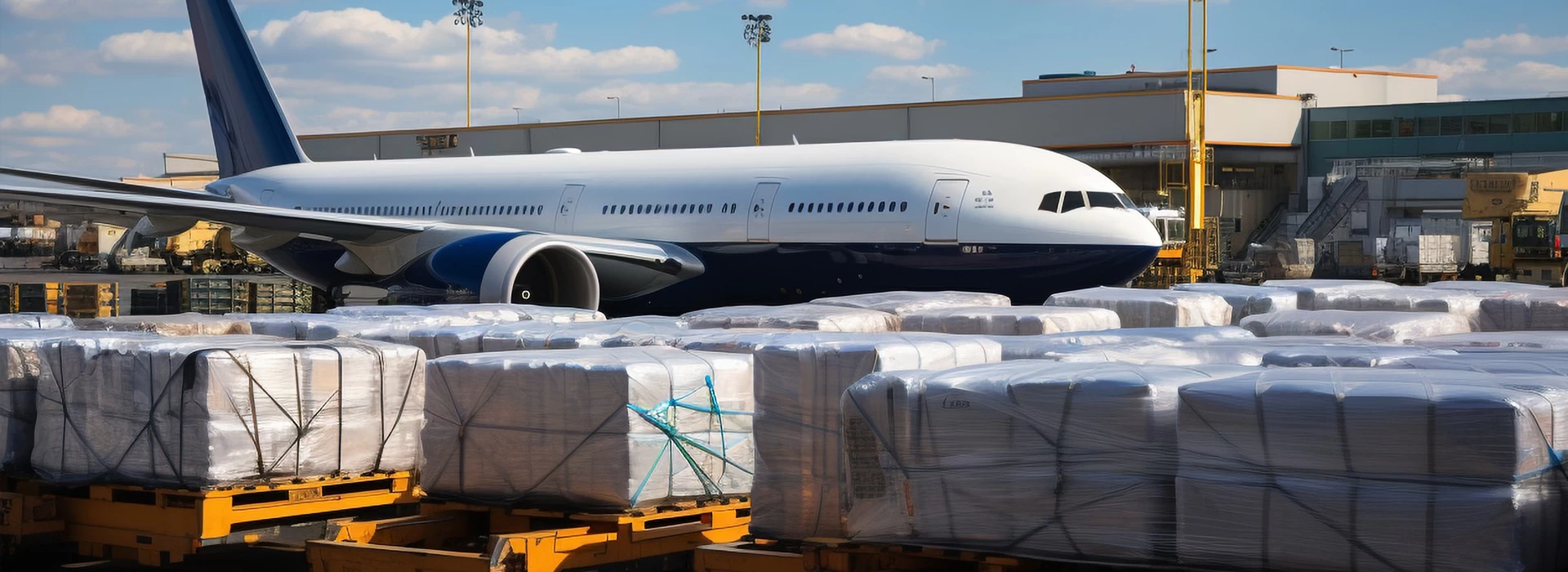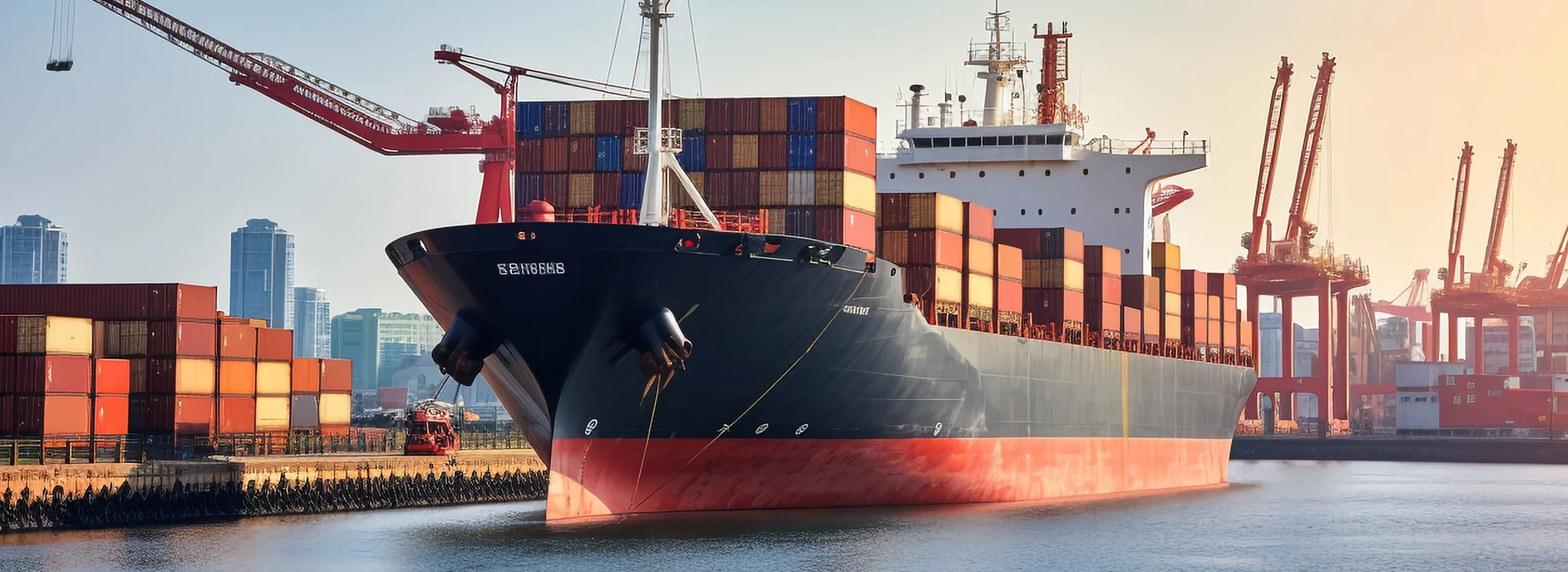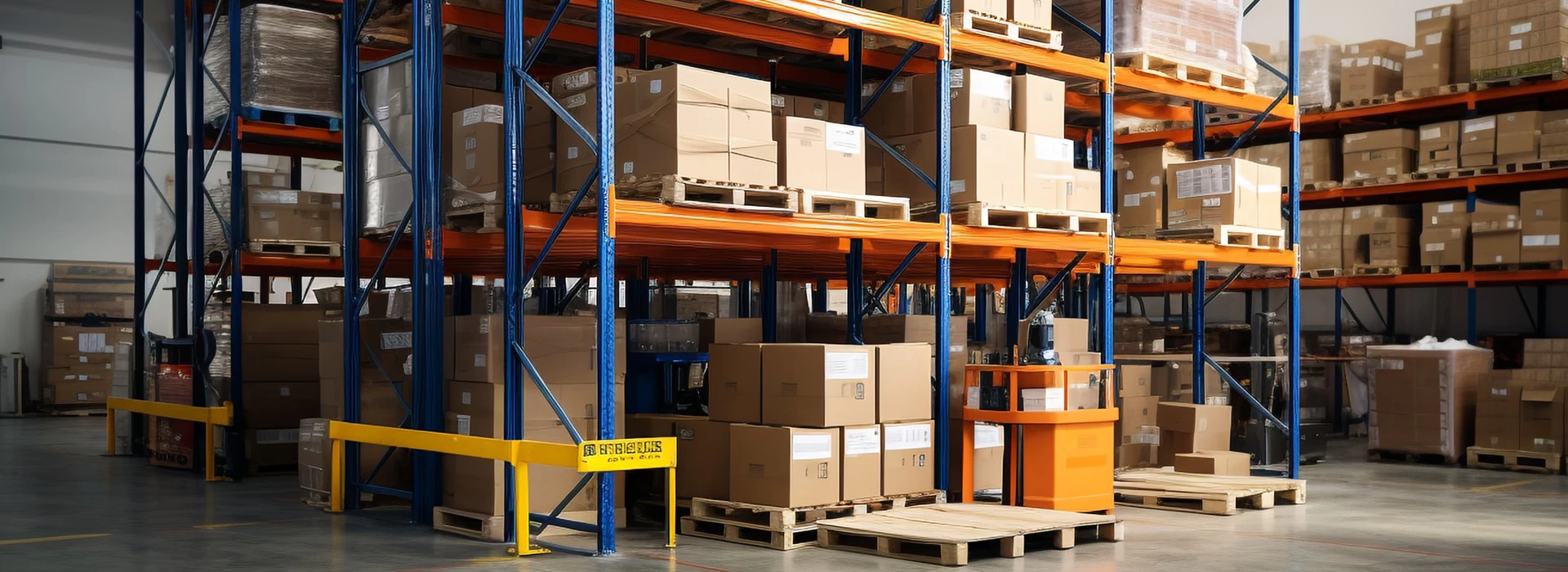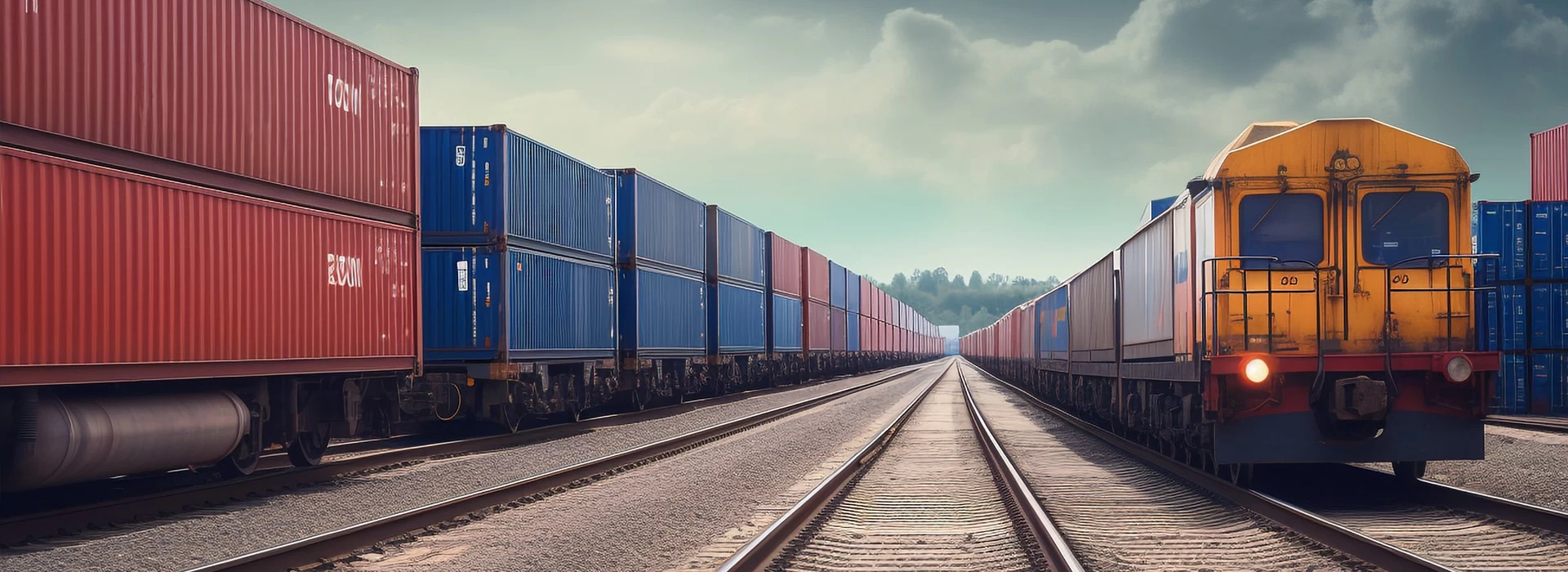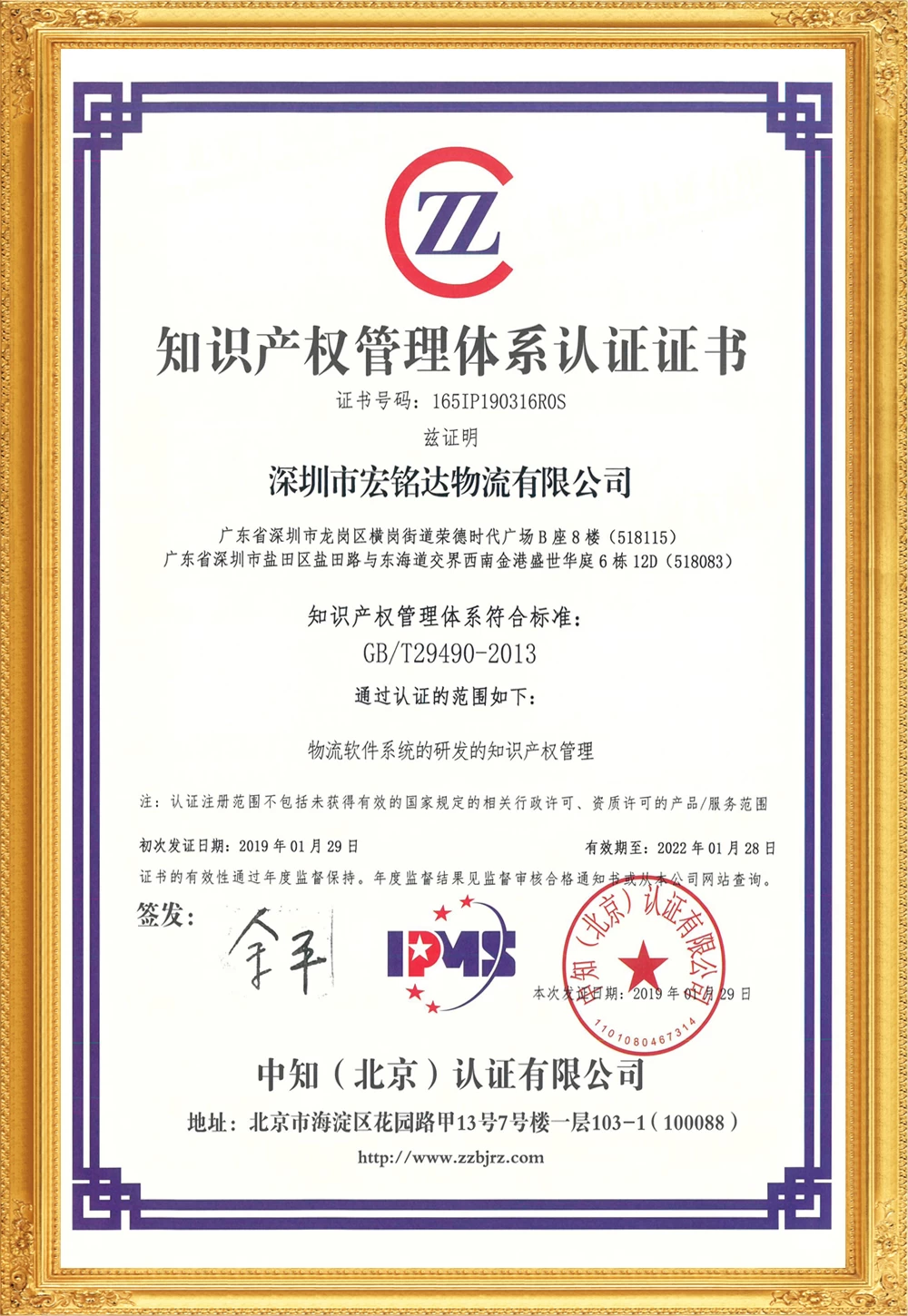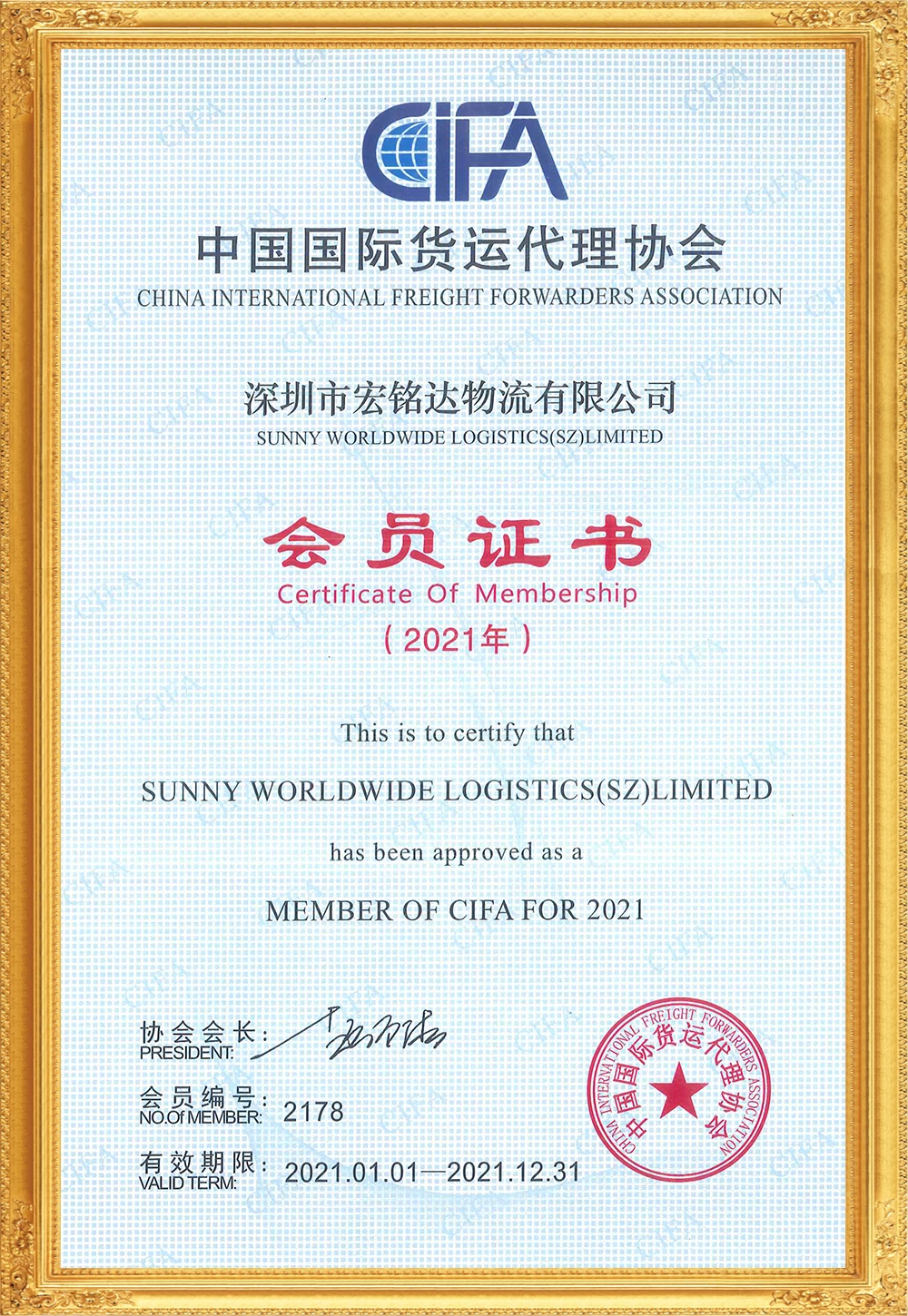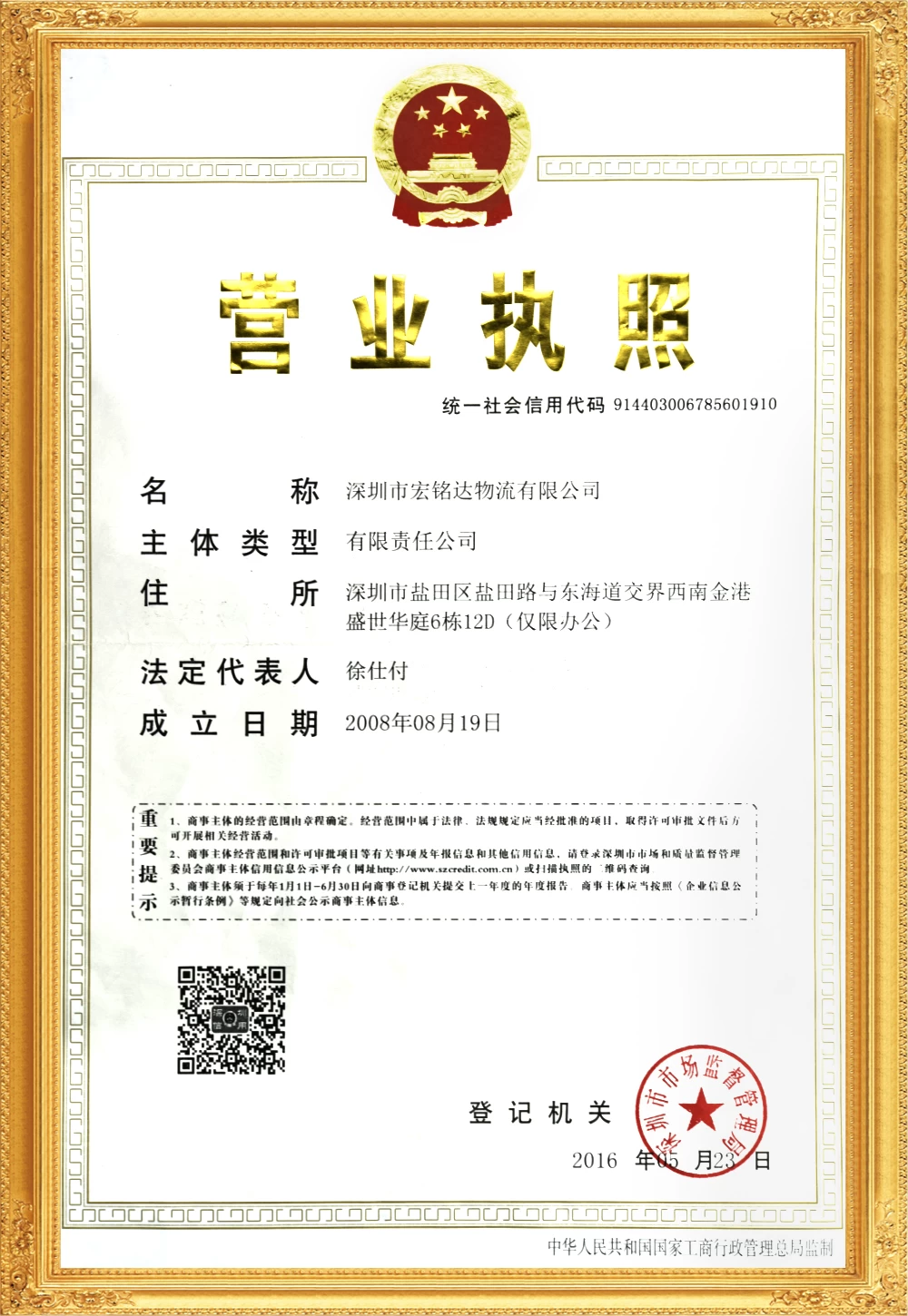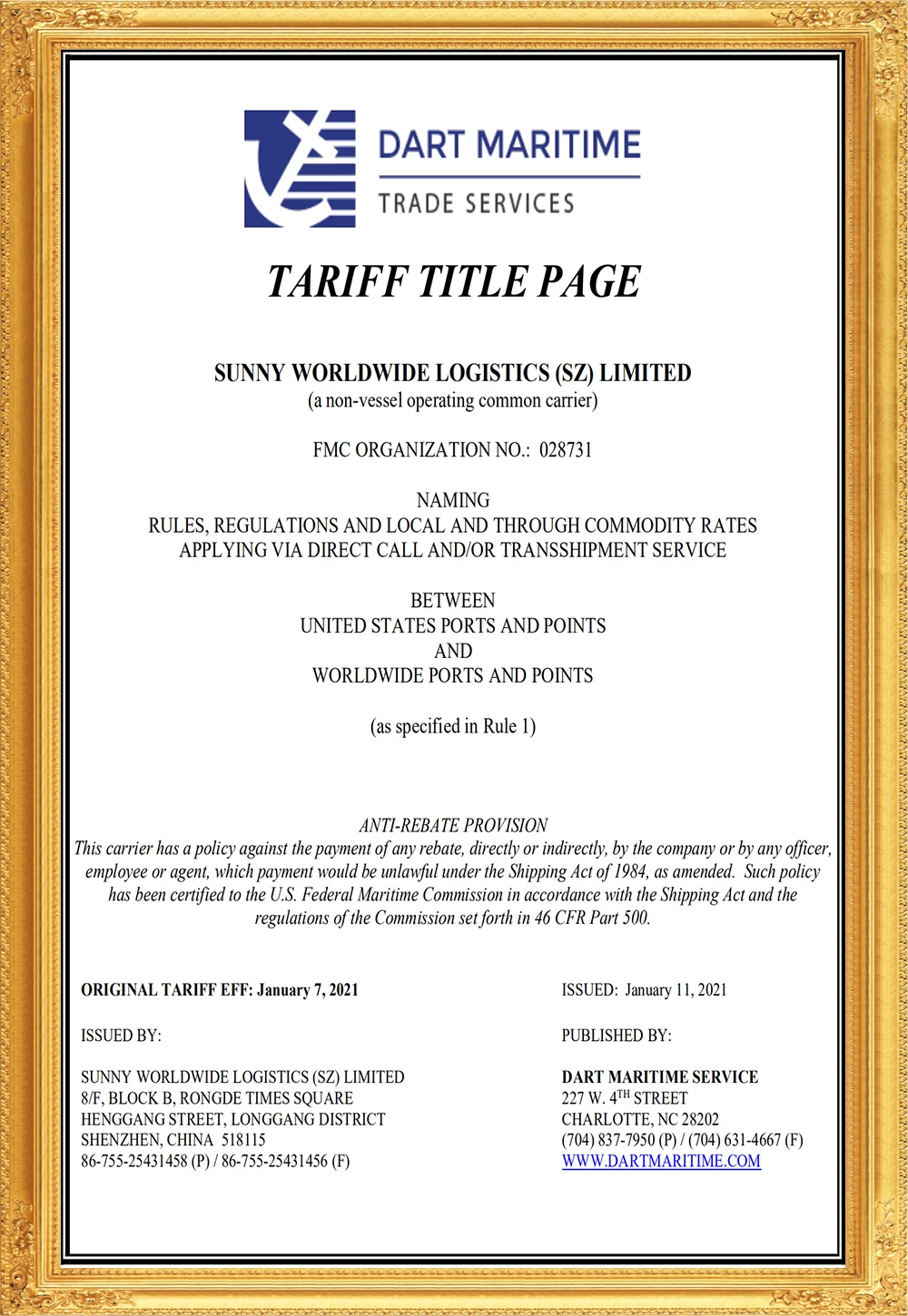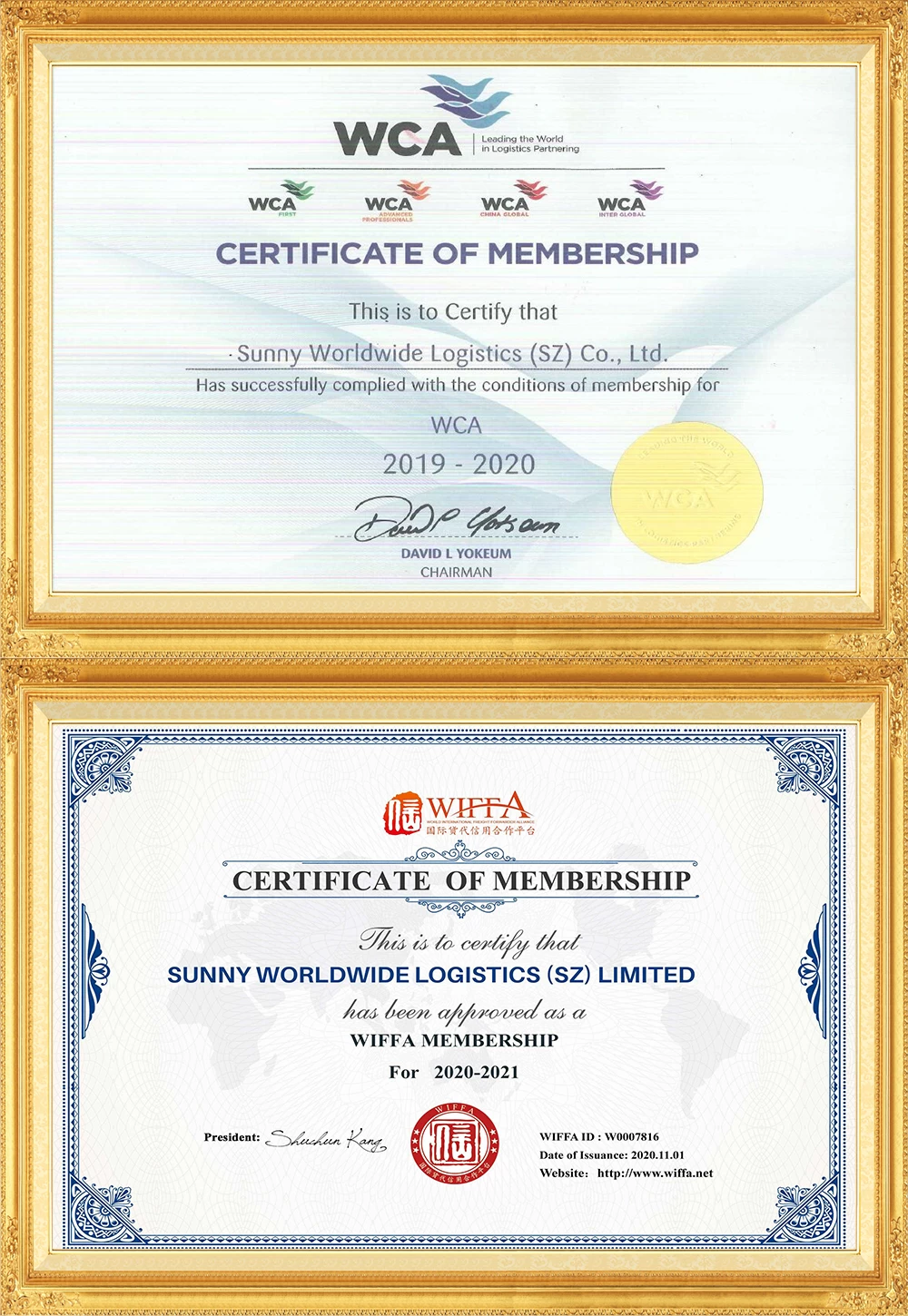Is this country starting to charge a "drought fee"? Dozens of factories will be shut down and logistics will be hampered! 17,000 workers will be furloughed!
Recently, the Brazilian Amazon has been hit by a severe drought. Water levels in many rivers have hit record lows. Logistics has been hampered, and the lives of residents in cities and towns along the river have been greatly affected.
Due to low water levels, some tributaries of the Amazon River, the "mother river" of Brazilians, have dried up, and the freight capacity of some major tributaries has also been significantly reduced.
Water levels drop, freight declines
The Amazon River in northern South America is the second longest river in the world, but it is also the river with the largest flow and the most tributaries in the world.
The water level of the Amazon River changes significantly seasonally, and May to October every year is the dry season in a general sense.
Affected by the El Niño phenomenon, precipitation in the Amazon River Basin decreased significantly during this year's dry season. Taking the city of Belem as an example, the precipitation in September this year was only a quarter of normal years.
The water levels of the Madera River, Tapajós River and other major tributaries of the Amazon River are at historically low levels.
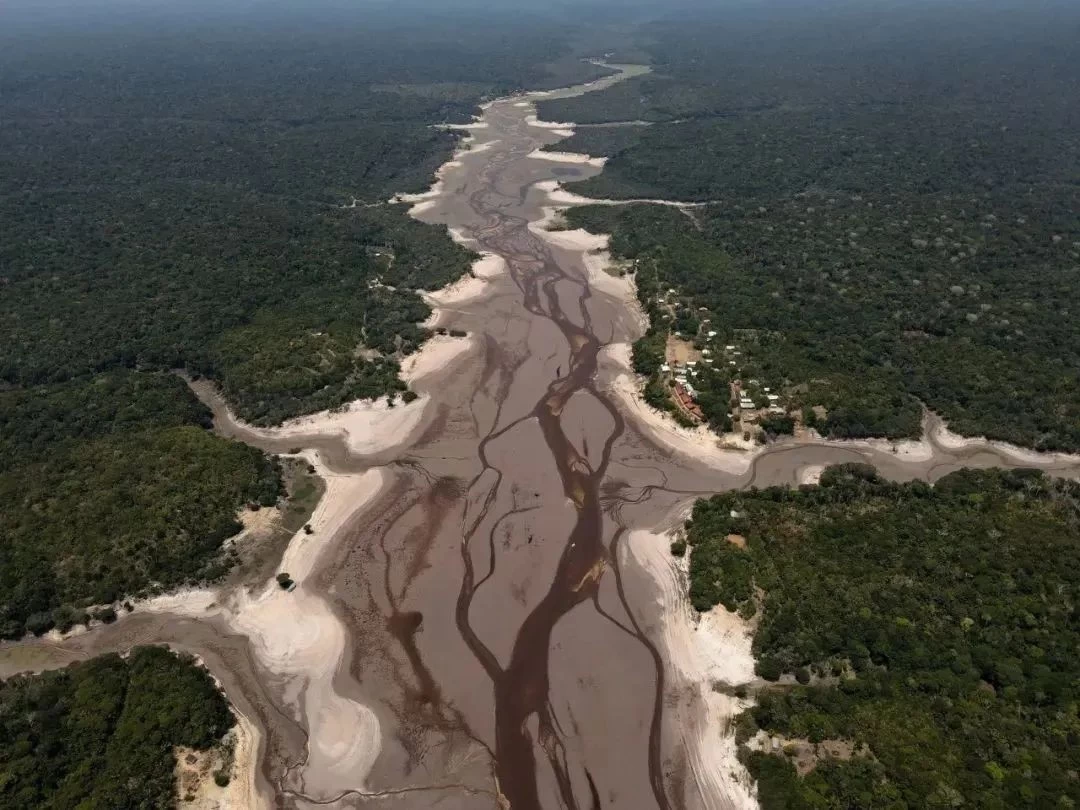
In addition, according to a recent report, due to the drop in river water levels, 90% of large cargo ships on the Amazon River are now unable to sail at full load, with a capacity loss of about 50%.
Due to restrictions on large ships, some of the most urgent supplies can now only be transported by loading onto small ships, and the logistics speed has also been affected. The voyage that used to take 3 to 4 days now takes about 10 days.
About two weeks ago, many shipping companies began charging a "drought fee" with a minimum of 3,000 reais (approximately RMB 4,330) per container, and this fee has now risen to approximately 10,000 reais (approximately RMB 4,330). RMB 14,400).
According to observations by industry insiders, recent shipping freight increases in the Amazon region have generally ranged from 25% to 50%. The increase in freight prices has also been passed on to the consumer market, with many residents saying that they have experienced significant price increases recently.
Logistics is not smooth and factories are shut down
As the drought in western and northern Brazil has continued to intensify recently, the water level of the Amazon River in Manaus, the capital of Amazon State, has dropped significantly, and local waterway transportation has been seriously affected.
The production and logistics of many companies in the Manaus Free Trade Zone, Brazil's largest free trade zone, have been affected.
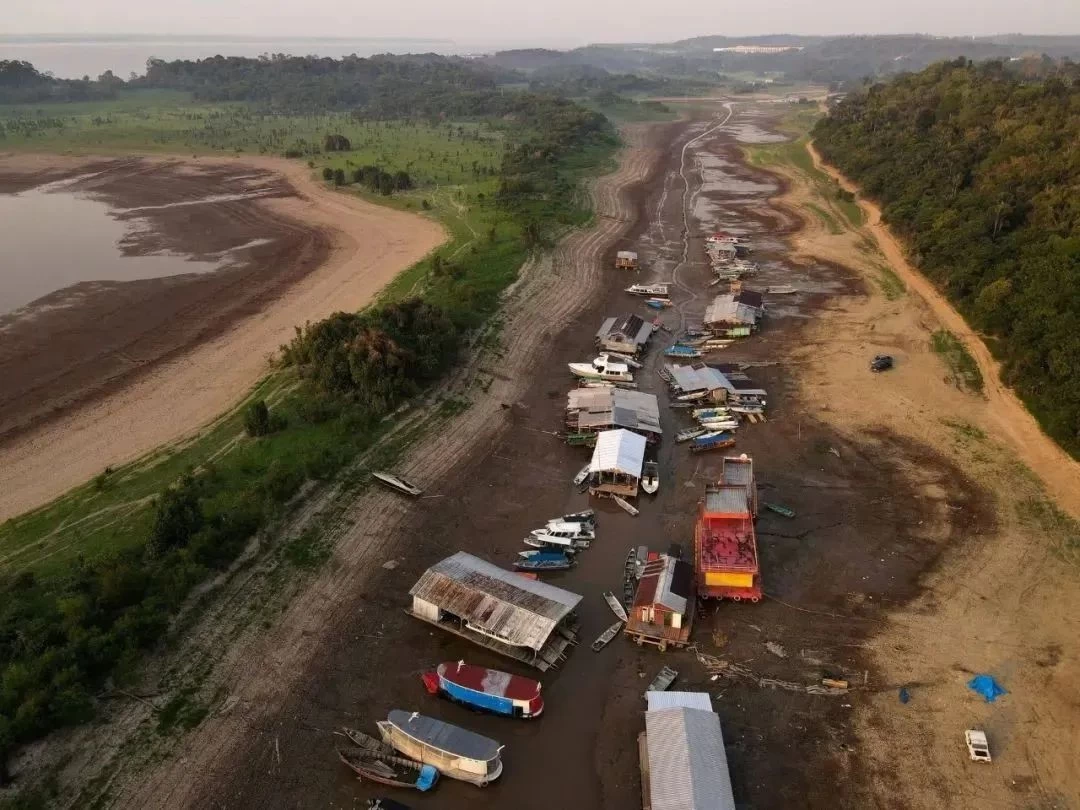
The Manaus Free Trade Zone is home to most of Brazil's electrical and electronics manufacturers. Affected by the drop in the water level of the Amazon River, the logistics and transportation of some companies in the Manaus Free Trade Zone have been severely disrupted.
It is understood that the port, which was originally able to transport about 30,000 containers a month, actually transported about 1,000 containers this month. The disruption to the transportation of goods has also affected the free trade zone's revenue.
In response, many factories said they would adjust production capacity. Relevant sources recently revealed that at least 35 of the more than 100 large local factories, with a total of 17,000 workers, will take collective leave starting at the end of this month.
Valdemir Santana, president of a workers union in the Brazilian Amazon: Several companies are sending furlough notices. The duration of leave varies from 5 to 15 days. We agreed on the condition that no employees be fired.
However, even if some factories can maintain production, a large number of goods leaving the factory also face the logistics problem of "not being able to get out".
Drought has little impact on food
Brazil is one of the world's major producers and exporters of grains, especially soybeans and corn. These two grain categories have an important position in the international market.
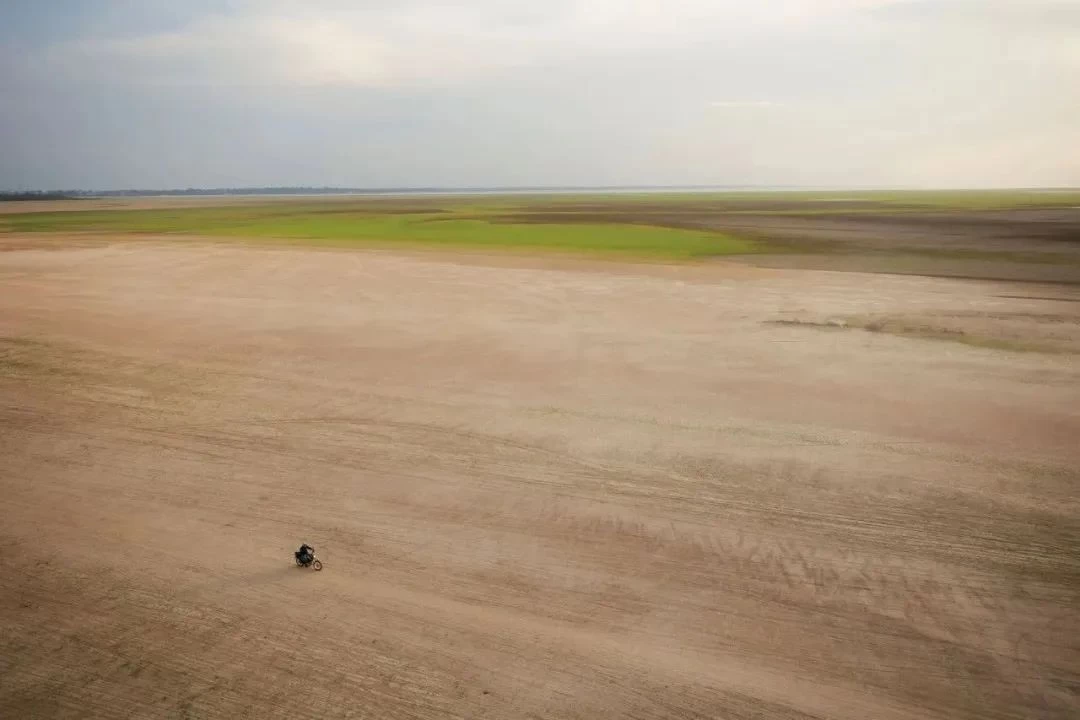
The drought in the Amazon has also triggered concerns among some people about international food supplies, believing that it may lead to rising food prices and even trigger a food crisis.
However, this concern seems overdone.
Drought in the Amazon will have little impact on soybean and corn exports, according to Brazil's National Grain Exporters Association and market analysts.
Because most of Brazil's grain is exported through southern ports, these ports have not been affected by the drought.
According to statistics, soybean and corn exports from southern ports account for more than 80% of Brazil's total exports, while less than 10% of soybean and corn exports transported to northern ports through the Amazon River.
Therefore, the impact of drought in the Amazon on international food markets is negligible.
Government and social response measures
In the face of drought, the Brazilian government and all sectors of society are taking some measures to mitigate the impact of drought.
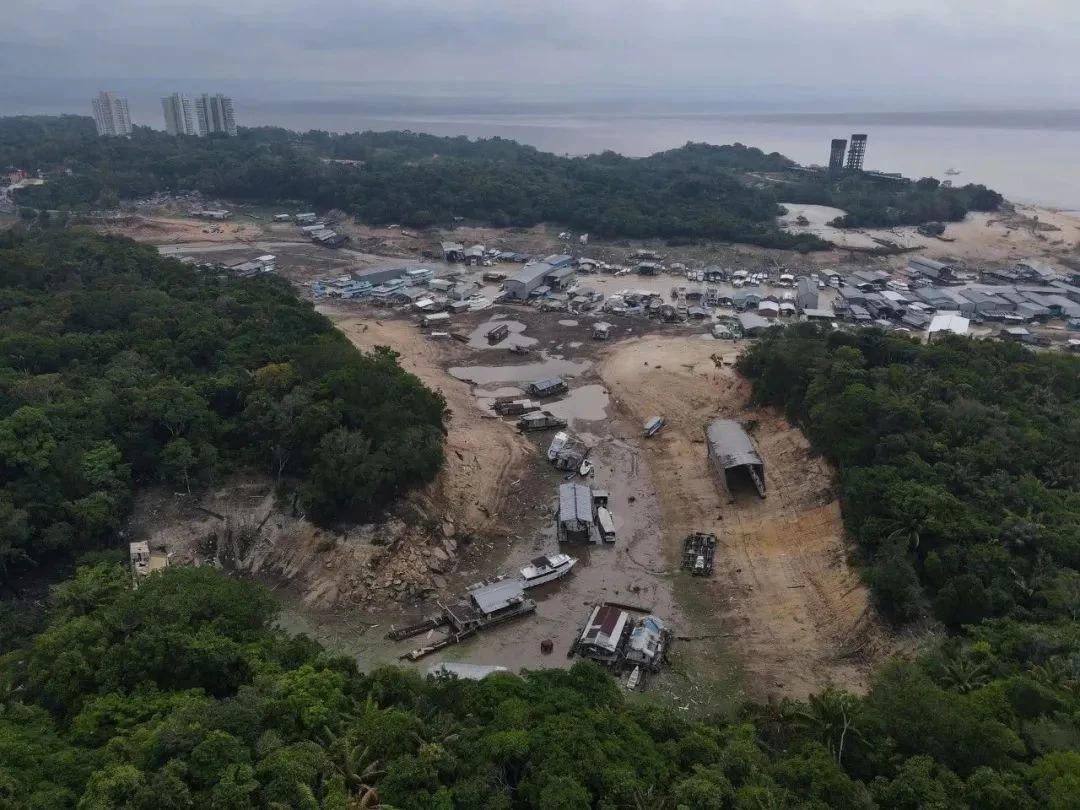
The government has announced a series of emergency measures, including providing financial assistance, adjusting water and electricity prices, and increasing reservoir storage capacity. At the same time, the government also calls on the public to save water and reduce pollution.
All sectors of society are also actively participating, providing material, technical and human support to help residents and businesses in the disaster-stricken areas tide over the difficulties.
In general, the severe drought in the Brazilian Amazon has had a serious impact on logistics and residents' lives.
By strengthening water resources management, adopting water conservation measures and mitigating climate change and other comprehensive measures, it is hoped that drought problems can be alleviated in the future and the sustainable development of this region can be ensured.


